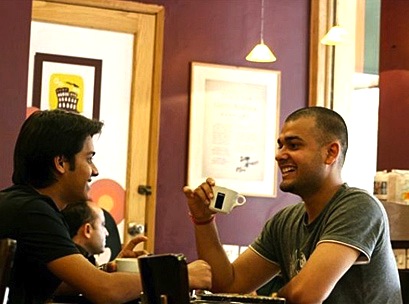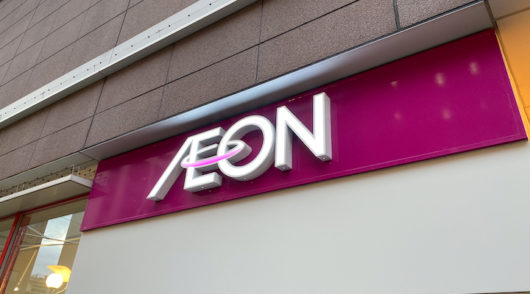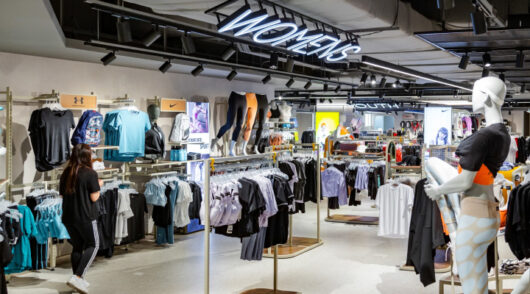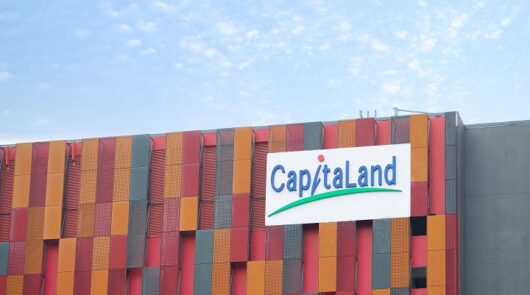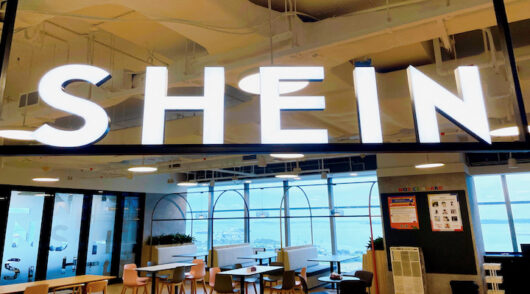For a growing segment of the Indian population, coffee chains are offering a new snacking and leisure experience, says a report by Dutch bank Rabobank International.
At present, there are around 2100 specialist coffee shops in India, and given the number of international coffee shop chains trying to enter or expand their base in this relatively new market, consumers are likely to have even more options within the next three years.
Specialist coffee shop chains, which have established themselves as a ‘hangout’ for urban youth, are projected to reach 4000 in numbers by 2015, growing at an annual rate of 21 per cent.
The opportunities for coffee chain growth arise from the favourable demographics with low per capita consumption and increasing income levels, the rise of mid-sized cities and a high population density.
“The impressive growth expected of specialist coffee chains in India offers numerous opportunities for both local and international players, provided that they can overcome inherent obstacles” says Nitin Kalani, beverage analyst at Rabobank International.
Sourcing coffee beans is not the key barrier for specialist coffee chains, with coffee beans accounting for an insignificant proportion of the total cost of a cup of coffee. For example, the cost of coffee beans in a cappuccino is about eight per cent of the sale price. To be successful, operational efficiency is more important than focusing solely on raw material costs.
Real estate overheads are a major concern, with coffee chains facing strong competition for acquiring prime premises. Furthermore, coffee shops must be big enough to accommodate a large number of people with around 95 per cent of consumers in India preferring to drink on-site rather than to take away (compared to around 60 per cent who take away in the US).
Competition for industry manpower is likely to continue to be a challenge due to high rates of staff attrition. On top of this, the sourcing of other beverages, food and merchandising – all an essential part of the coffee shop ‘experience’ – continues to be a problem as players struggle to establish stable quality levels and reliable supplier relationships.
India remains largely a tea drinking country with sales of the traditional beverage still much higher than those of coffee. With growth in coffee consumption outpacing that of tea however, coffee culture is expected to continue to flourish for the foreseeable future, concludes the report.
GB

